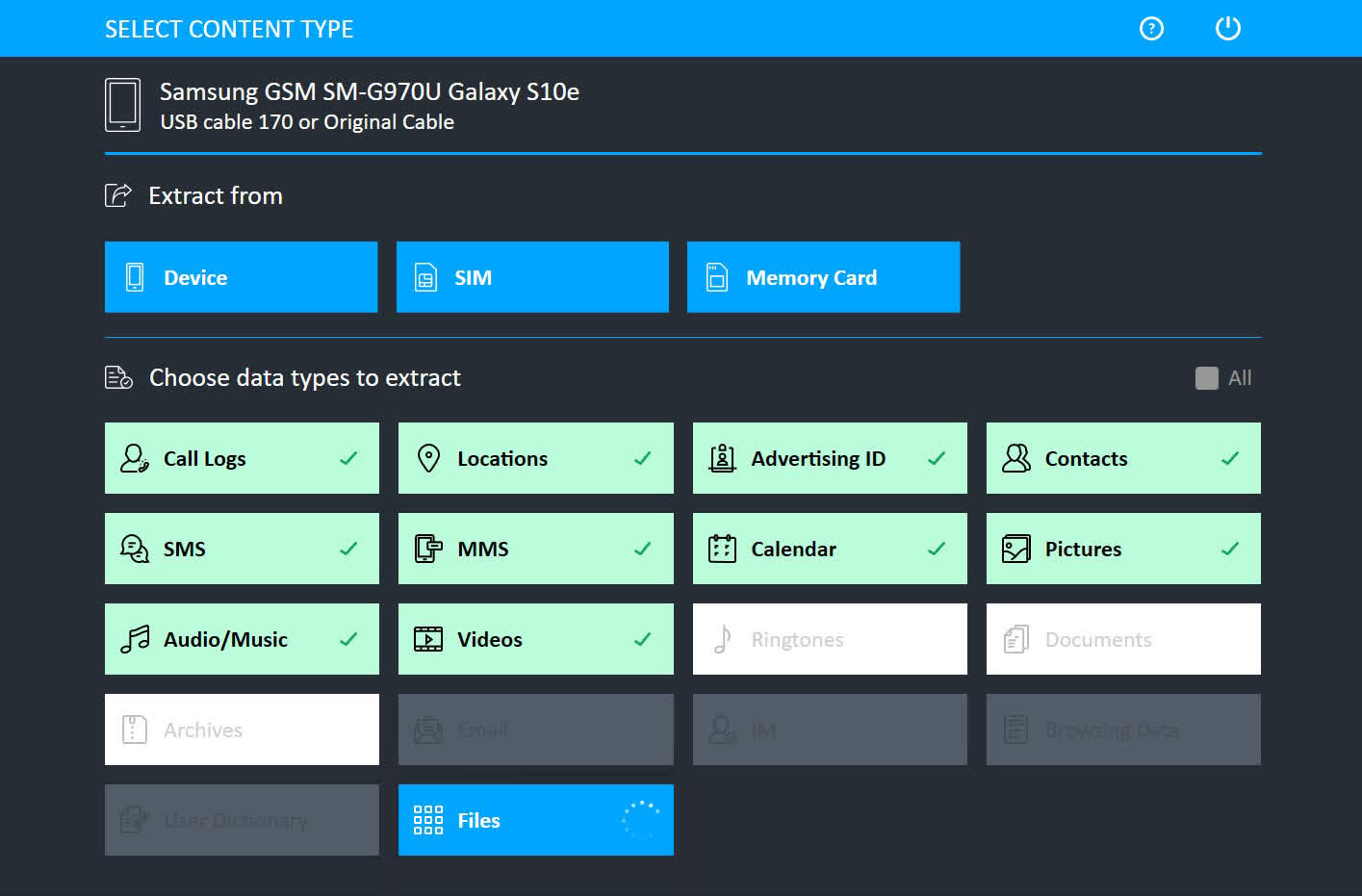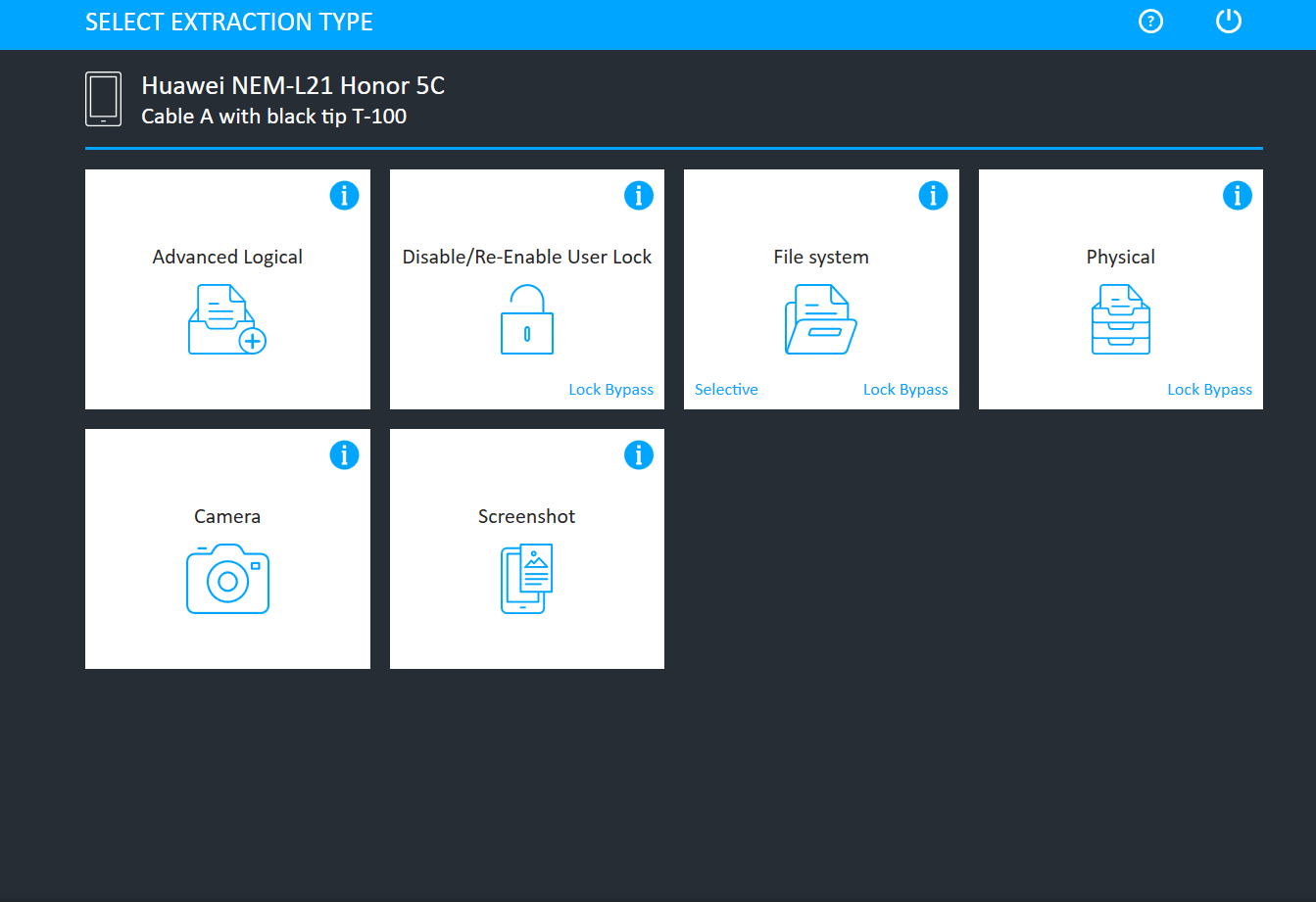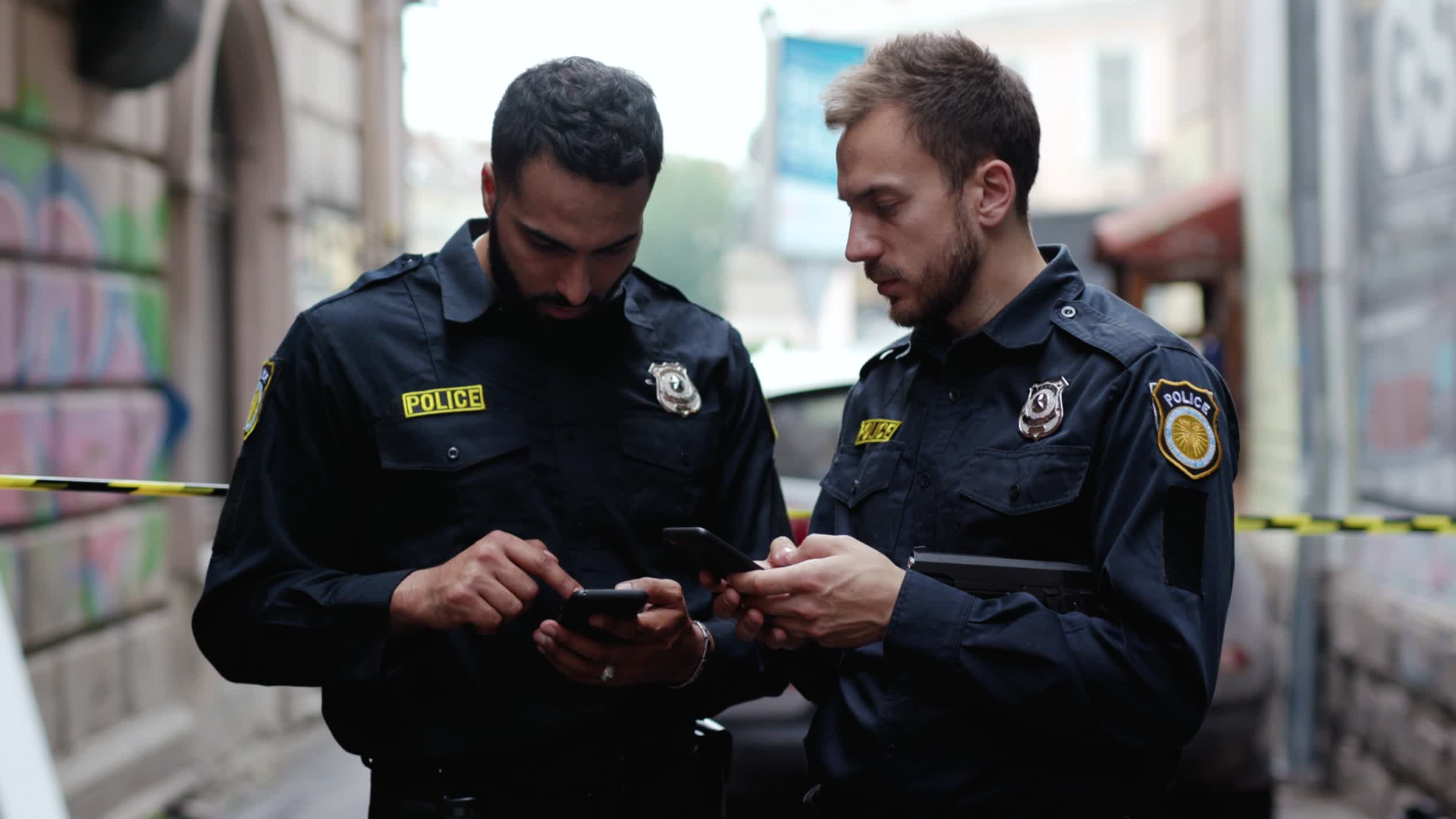Editor's take: I've been preaching for years to anyone that will listen that when it comes to technology, you should have no reasonable expectation of privacy. New research from Upturn, a nonprofit based in Washington DC, further solidifies that stance.
Over the course of 2019 and into 2020, Upturn filed more than 110 public record requests with state and local law enforcement agencies to determine which have access to forensic tools to collect data from smartphones and how they use them.
While some are still under the impression that such tools only exist in the world of spy movies, that's far from accurate. Others might underestimate an agency's' ability to acquire these tools due to their cost or complexity but according to Upturn's findings, that is also wishful thinking.

The nonprofit found that at least 2,000 law enforcement agencies, representing all 50 states and the District of Columbia, have purchased products sold by mobile device forensic tool vendors. Since 2015, agencies have conducted "hundreds of thousands of cellphone extractions," often without a warrant.
Upturn noted that law enforcement has used the tools across a range of cases, from serious crimes down to more minor offenses involving things like graffiti, public intoxication and parole violations.

Smartphones have never been more ubiquitous. For better or for worse, people's entire lives now play out on their phones. Think of it as a "window into the soul." And one that, even if you have a password-protected device, isn't ever really fully private.
If you are at all interested in personal privacy, I would encourage you to read Upturn's report. It's lengthy but also quite insightful, and may forever change how you approach mobile phone security.
Masthead credit: Fractal Pictures
